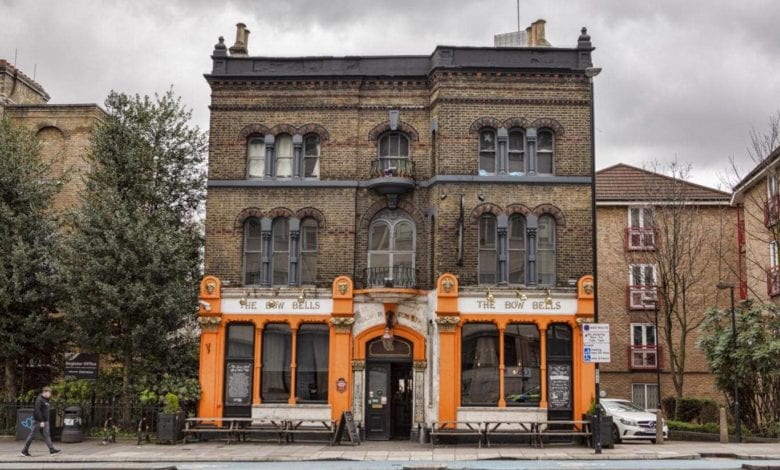The coronavirus diaries: Aaron Wilson, The Bow Bells

At The Bow Bells, we felt the effects of Coronavirus before the lockdown began. Around two-to-three weeks before we had to close, we saw a massive reduction in trade – around a 70/80% drop.

Join 14,000 hospitality professionals with a membership
Get unlimited access and stay in the know. First-year special offer pricing. Cancel any time.
You have read 2/2 free articles this month.

How many members should have access to the subscription?
Monthly
Yearly
Save £9.89
No, thanks
I already have an account

At The Bow Bells, we felt the effects of Coronavirus before the lockdown began. Around two-to-three weeks before we had to close, we saw a massive reduction in trade – around a 70/80% drop.